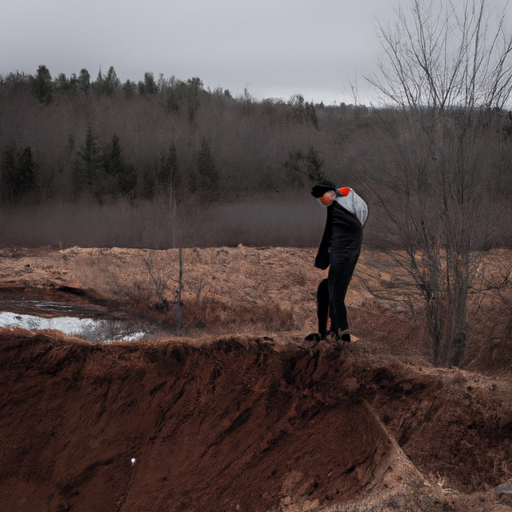The Faces of Canada’s Opioid Crisis: How a Quiet Community Became a Flashpoint in Ontario’s Ring of Fire
Canada has been embroiled in an opiod crisis for several years now. What was once primarily an urban problem has been seen spreading to rural areas, and nowhere has this been more evident than in the remote First Nations community of Marten Falls in Northern Ontario.
A Community Hit Hard
The opioid crisis in Marten Falls, like many communities, has its roots in prescription painkillers. Many people, initially prescribed these drugs to treat chronic pain, have become dependent, facilitating a rise in illegal drug usage, crime and homelessness. This has had a profound effect on the community, with its limited resources and geographic isolation contributing to the challenge.
The Opioid Class Action
Amidst the struggle against this crisis, Marten Falls has sought to take legal action against opioid manufacturers and wholesale distributors, in a bid to hold them accountable for the havoc wreaked in their community. Referred to as the “opioid class action,” the lawsuit has resulted in some measure of hope for the community. Even so, the road to recovery remains steep.
Part of a Larger Picture
The issues facing Marten Falls are, sadly, part of a larger trend impacting many communities across Canada. A rise in opioid addiction often leads to an increase in crime, as individuals struggle to support their habits. With the rise in opioid dependency comes a surge in homelessness, as affected individuals often lose their jobs, homes and families due to their addiction. This crisis requires a response that is more than just punitive – it demands understanding, commitment, and a will to address the root causes that lead to these tragedies.
Efforts to Combat the Crisis
Addressing such a pervasive crisis requires comprehensive and multifaceted solutions. Some of the strategies implemented include:
- Increased availability of Naloxone: Naloxone, a potentially life-saving medication that can reverse the effects of opioid overdose, has become more readily available in many communities.
- Support for community-led interventions: Grassroots initiatives within communities have been recognized and increasingly supported as an important aspect of the response to the crisis.
- New legislation: Policy changes, such as the opioid class action, aim to hold those benefiting from the sale of these drugs accountable.
- Treatment programs: Resources are being allocated toward recovery programs for individuals grappling with addiction.
The Long Road Ahead
Despite these efforts, the path to recovery remains strained. Communities like Marten Falls face unique challenges – their remoteness and lack of resources only intensify the struggle. Yet, the determination shown by these communities, their persistence against the hardship, speaks of a resilience that is both inspiring and humbling to behold.
In conclusion, the opioid crisis has deeply affected the Canadian landscape. The story of Marten Falls, a small, geographically isolated First Nation community in Ontario, sheds light on the broad and pervasive nature of this issue. Despite their struggles, communities like Marten Falls continue to strive for change, using methods like the opioid class action and increased availability of Naloxone. While the road to recovery is treacherous and long, the resilience of these communities provides hope for the journey ahead.


